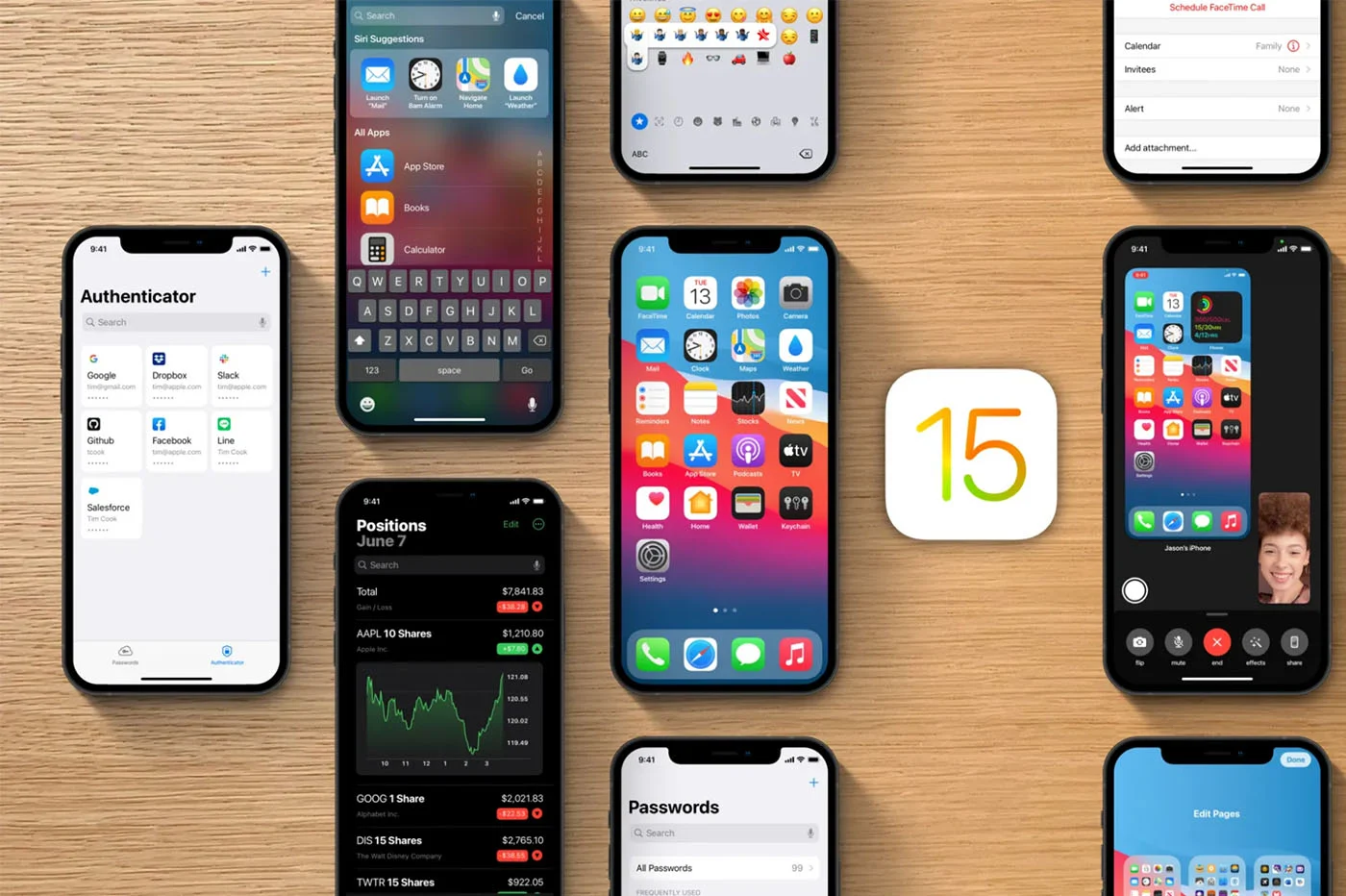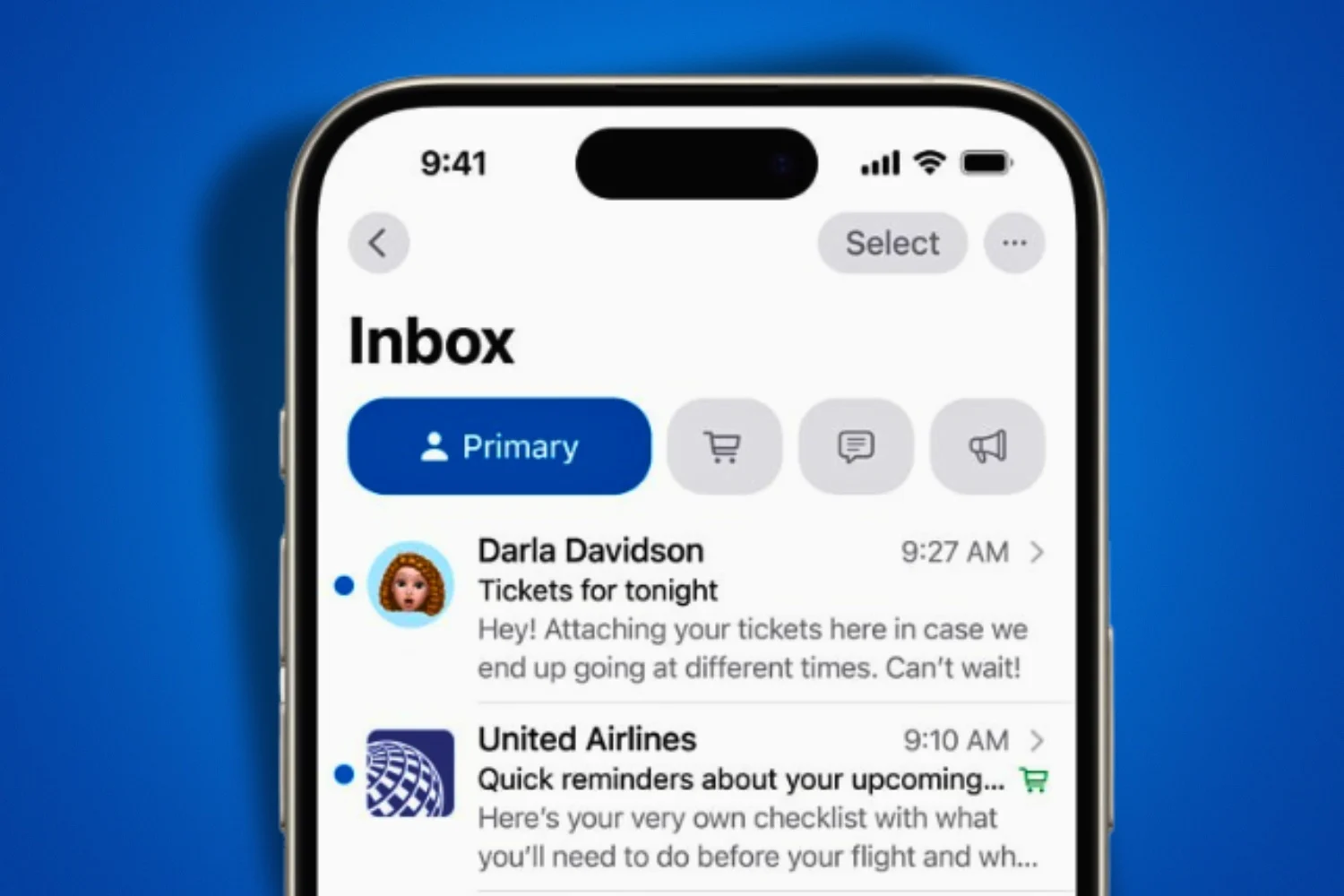Faced with the proliferation of intelligent assistants and AI features in the smartphone market, Apple is charting its own path. If some observers point the fingerthe apparent delay of the firm to the applein this area, particularly in relation to the advances of Samsung and Google,the reality is perhaps more complex than that.
In an interview with the magazineWired,Tim Cookdemonstrated that Apple's tactics in this area rather favor the natural integration of AIrather than marketing it as a premium service.
AI as a natural extension of user experience
For the CEO of Apple, artificial intelligence should not be considered as an additional functionality, butas an intrinsic component of the user experience. «We never considered charging for it. We consider it as multitouch, which enabled the advent of the modern smartphone and the current tablet". Why this comparison with multitouch?
What we can discern implicitly behind this declaration is Apple's willto anchor AI in the daily lives of users, like this touchscreen technology that has now become inseparable from our interactions with mobile devices.
This philosophy stands in stark contrast to the approach of its competitors. While Samsung plans to introduce a paid model for its Galaxy AI features as early as 2026, Apple reaffirms its belief that artificial intelligence must remainaccessible to all its users. This, regardless of their ability to pay for premium services. It is therefore very likely that Apple will maintainApple Intelligenceas a free service in its ecosystem.
Apple's AI: confidential and efficient
Unlike the leaders in the AI sector, Apple has decided to develop its AI on a technical architecturewhich processes data locally. On theiPhone 16et15 Pro, most AI operations are carried out directly on the device, thereby limiting data transfers to the cloud. This approach, although technically more demanding, offers a double advantage: it guarantees the confidentiality of user data while ensuring optimal responsiveness.
When certain particularly complex tasks require more computing power, Apple uses its Private Cloud Compute infrastructure. The company absorbs the costs associated with this infrastructure, as it already does for iMessage and FaceTime, demonstrating its desire to invest in the quality of the user experience.r rather than in the creation of new sources of income.
A position radically opposed to that of OpenAI,which takes a more mercantile orientation of its flagship service, ChatGPT. Between the very probable arrival ofadvertisements for the free version of the chatbotand the ChatGPT Pro subscriptionat 200 euros per monthlaunched a few days ago, it's two rooms, two atmospheres.
Ultimately, nothing really surprising: Apple has always integrated new technologies into its devicesat no additional cost to the end user. In reality, these are integrated into the selling price of its phones, tablets or computers.As long as it lasts!
- Apple wants to integrate AI into its devices for free, as a natural extension of the user experience
- Data is processed locally to ensure security and responsiveness.
- Unlike its competitors, Apple refuses to market AI as a premium service.

i-nfo.fr - Official iPhon.fr app
By : Keleops AG






